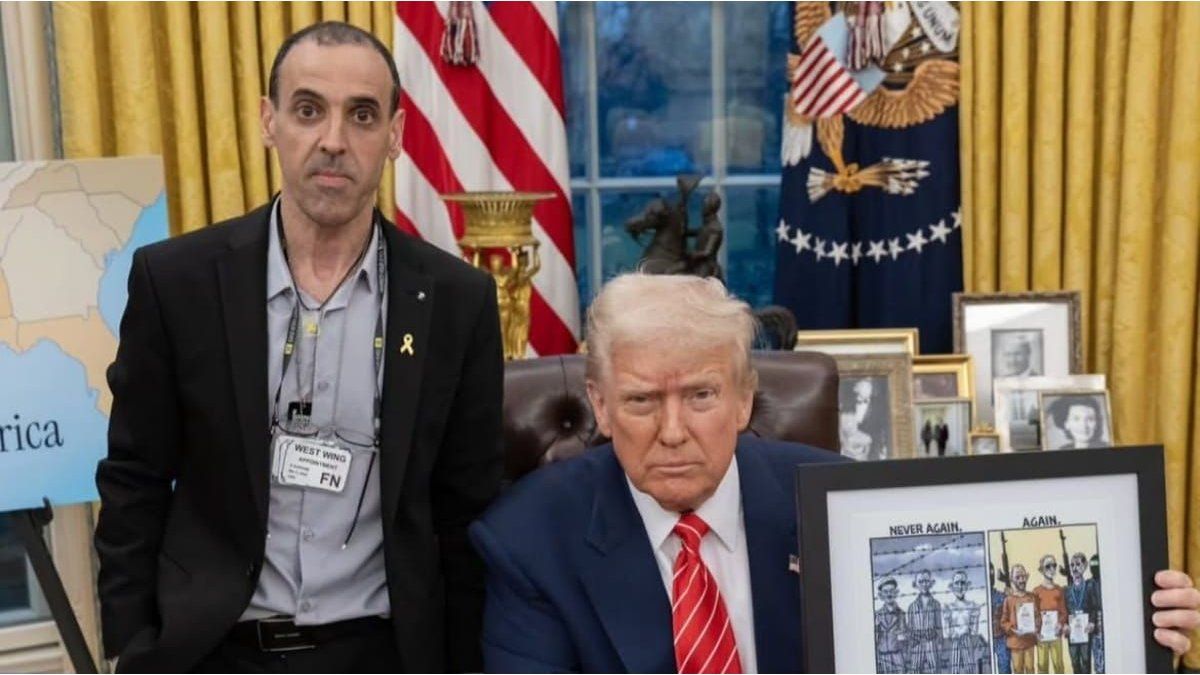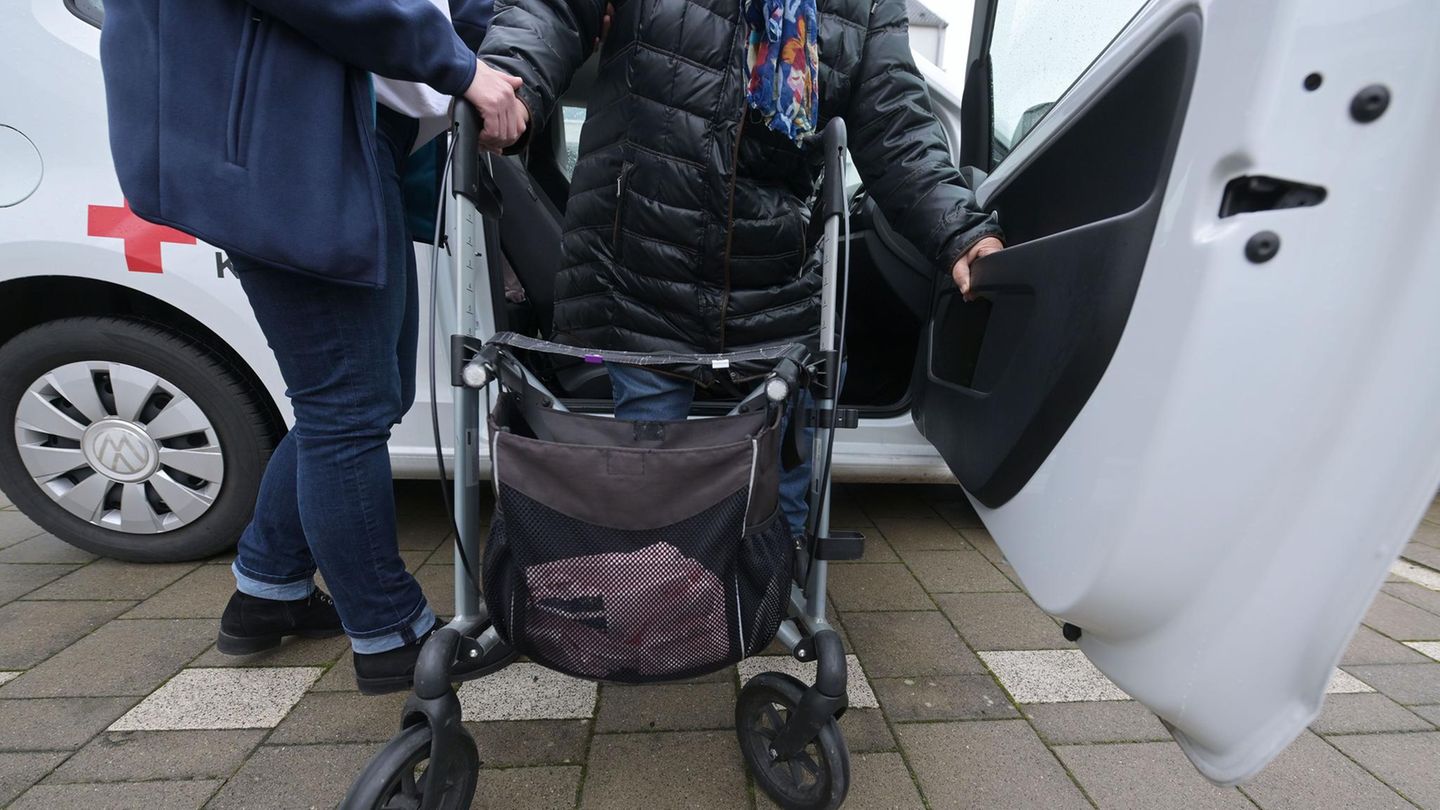Foreign Minister Jean-Yves Le Drian announced on Friday evening in Paris that this extraordinary step was taking place at the request of President Emmanuel Macron. Because of the new security alliance, Australia surprisingly canceled the purchase of French submarines that had been negotiated for years.
“Unacceptable Behavior”
The decision to abandon the purchase of French submarines, which was sealed in 2016, in favor of a partnership with the USA and Great Britain, represents an unacceptable behavior between allies and partners, it said on Friday evening in Paris. The consequences touched the core of France’s alliances and partnerships as well as the importance of the Indo-Pacific for Europe.
Agreement terminated shortly after announcement
The agreement includes the construction of nuclear-powered submarines in Australia and the purchase of Tomahawk cruise missiles by Canberra. Shortly after the agreement was announced, Canberra surprisingly canceled a multi-billion dollar submarine deal with France, which caused outrage in Paris. The planned contract had a volume of almost 56 billion euros.
It is the first time in the history of US-French relations that Paris has called its ambassador back from Washington. A reception planned for Friday at the residence of the French ambassador in Washington had already been canceled in protest.
“Rapidly Evolving Threat”
US President Joe Biden, Australian Prime Minister Scott Morrison and British Prime Minister Boris Johnson had previously announced a new alliance which, according to security experts, is clearly directed against the military threat posed by China in the Indo-Pacific. This also includes building the submarines.
Biden spoke of “rapidly evolving threats”. In the next 18 months a way should be found for Australia to get such modern submarines. The USA and Great Britain would share their expertise on this.
Try to smooth things over
Probably as an attempt at appeasement, Biden had already singled out France as an “important partner” in the Indo-Pacific when the pact was presented. US Secretary of State Antony Blinken also tried to smooth things over, stressing that the US attached “great importance to this relationship and partnership” with France.
According to the US government, France knew in advance of the announcement of the alliance. The French Defense Minister Florence Parly said with a view to possible compensation: “We are examining all hypotheses and scenarios, we will protect and defend our interests.”
China outraged by security pact
China had responded indignantly to the security pact, pointing out that Australia was a state without nuclear weapons that could now suddenly import nuclear-powered submarine technology with strategic military value. This could lead other states to question their commitment to the non-proliferation of nuclear weapons. China itself has long been a nuclear power.
New Zealand was also anything but enthusiastic about the pact. Prime Minister Jacinda Ardern announced that she would not allow neighbors to enter with such submarines. The Pacific state strictly rejects nuclear power. And cautious tones about the deal were also heard from the EU. The security pact is likely to put a further strain on the tense relationship between the US and China. Biden had recently clashed with China on various issues such as human rights.
Germany “takes note”
The German government reacted distanced to the alliance of the USA, Australia and the ex-EU member Great Britain. . “We have taken note of this,” said a spokeswoman for the Foreign Ministry on Friday in Berlin. “We think that an inclusive approach to a rules-based order is the best strategy for dealing with the region,” she added, citing an EU stance to that effect.
The nuclear armament of Australia directly affects the security policy interests of the European Union, since several French overseas territories (Reunion, Mayotte, French Polynesia, New Caledonia, the French Southern and Antarctic Territories as well as Wallis and Futuna) are located in the Indo-Pacific.




